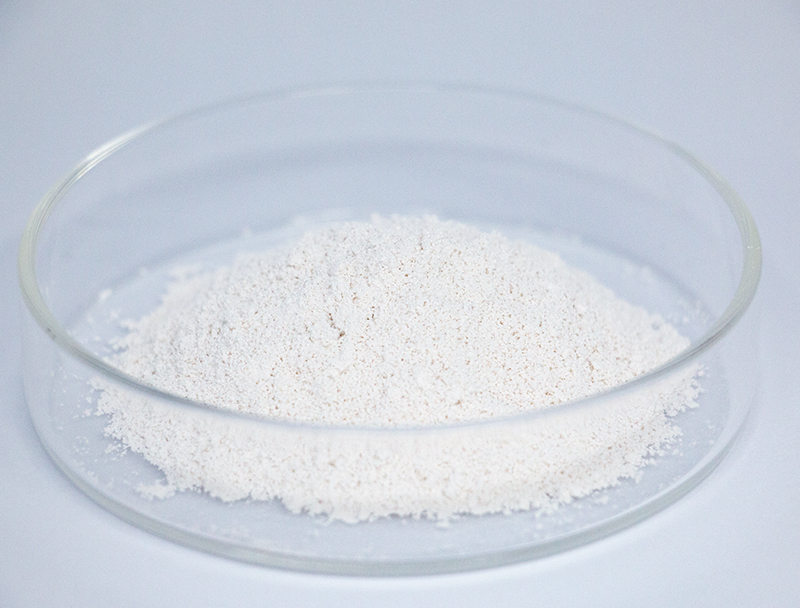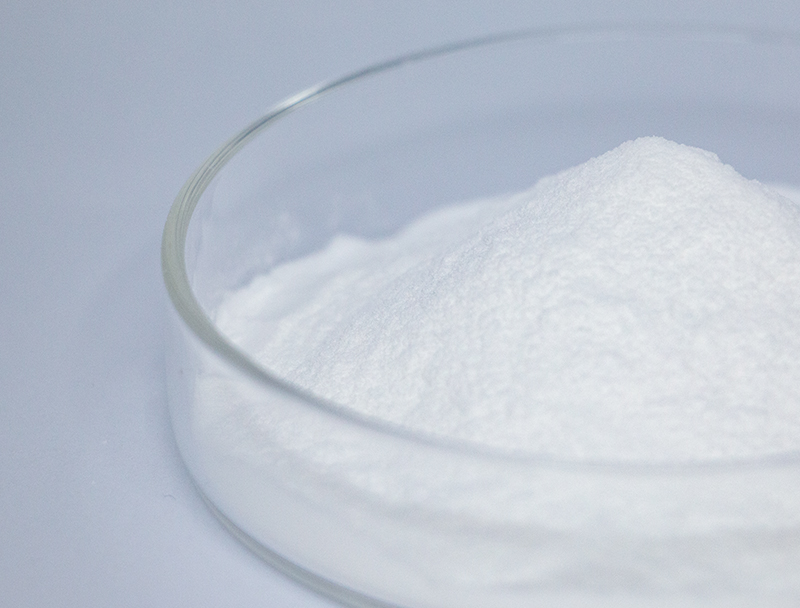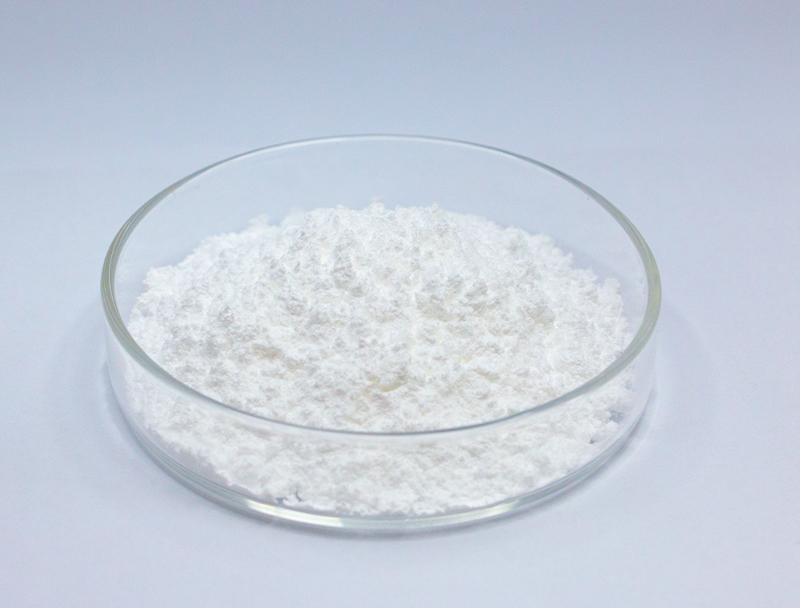ready-to-use bulk-packed materials powder biomass feedstock

Cell-based production leans heavily upon a broad palette of feedstocks to manufacture advanced biological products.
Ensuring the sustainable sourcing of these resources is indispensable to sustainable success and conscientious scaling.
an array of drawbacks from conventional supply chains for example habitat harm and overextraction of resources. Thus, organizations must explore circular sourcing options to lessen environmental harm.
- Instances of green procurement approaches are:
- Utilizing renewable feedstocks derived from agricultural byproducts
- Integrating recovery systems to shrink waste while improving throughput
- Partnering with local suppliers committed to ethical sourcing practices
Transitioning to green supply models secures ecological benefits and economic upside.
Enhancing Biomass Composition for Superior Biofuel Results
Raising biofuel yields involves refining feedstock structure and content. Engineers continually develop approaches to improve biomass suitability, producing improved fuel yields and a lower-carbon energy pathway. Strategies feature genetic optimization to raise biomass yield plus pretreatment to depolymerize plant polymers into sugars.
- Similarly, research probes algae, byproduct streams, and harvest remnants as potential sustainable sources to augment biofuel feedstocks.
- With persistent development the field will likely demonstrate notable gains that foster a more sustainable energy system.

Upstream Process Improvements for Modern Biopharma Production
includes primary operations from inoculation through cell collection Current advancements have streamlined operations and improved bioproduct yields.
Salient improvements involve specialized expression hosts, fine-tuned media strategies, and next-gen bioreactor concepts. These developments raise yield and cut costs as well as diminish environmental consequences.
- Also, evolving practices favor continuous flow processing which supports more agile upstream control.
- Transitioning to refined production methods has the potential to overhaul the industry and expedite new treatments.

CRISPR and Beyond: Improving Biopharma Production
developments in targeted genetic engineering methodologies have modernized drug manufacturing. Through controlled genetic modifications, practitioners increase therapeutic protein production. The approach may facilitate scalable, low-cost therapeutic production for numerous diseases.
Biodegradation Strategies Using Targeted Microbial Cultures
promising microbial strategies enabling effective environmental cleanup and restoration. Certain microbes have capacities to biotransform contaminants into nonharmful forms.. Leveraging microbial biotransformation promotes sustainable remediation that curbs industrial environmental impacts.. Researchers screen diverse microbial taxa for metabolic pathways suited to remove heavy metals, pesticide residues, and hydrocarbon contamination.. These microorganisms can be employed in bioreactors or directly at contaminated sites, promoting the breakdown of pollutants through biodegradation processes..
Using microbes for cleanup carries distinct advantages compared with chemical or physical remediation approaches. Such strategies are budget-friendly and lessen the creation of harmful byproducts. In addition, microbial approaches enable pollutant-specific treatment without broad ecological disruption. The field is rapidly refining methods to make microbial remediation more efficient and broadly effective.
Digital Methods Accelerating Pharmaceutical Discovery
Digital bioinformatics methods are central to evolving therapeutic discovery processes. By leveraging complex datasets, bioinformatics expedites discovery and optimizes candidate safety and potency.
- Through evaluating comprehensive genomic, proteomic, and clinical data, teams detect novel targets and predict drug action.
- In addition, predictive simulations inform medicinal chemistry efforts to craft more efficacious drugs.
- In the end, informatics-driven methods streamline development and accelerate delivery of therapeutic solutions to patients.
Pathway Engineering for Greater Bioproduct Yields
integrates multiple methods to augment cellular production of target bioproducts. Approaches may include genome edits to rewire pathways, transcriptional control to tune expression, and heterologous gene insertion to add functions.. By refining pathway flux and regulation engineers can significantly raise bioproduct production.
This multifaceted approach has the potential to revolutionize a broad range of industries, including biopharmaceuticals, agriculture, and bioenergy.

Barriers and Benefits When Expanding Biopharmaceutical Manufacturing
Transitioning to higher volumes entails serious complications and potential rewards. Ensuring product consistency at larger manufacturing scales represents a major hurdle. Addressing it demands strong process governance, accurate real-time analytics, and advanced measurement systems.

Also challenging is the layered complexity of biomanufacturing encompassing numerous sequential steps.. Optimizing these processes for large-scale production can be a complex undertaking, requiring extensive research and technological innovation.. Yet, the returns can be substantial. Successful industrialization can broaden availability, trim costs, and raise profitability.
Several projects are designed to mitigate these scaling barriers. These include the development of new technologies for process optimization, advanced analytics for real-time monitoring and control, and innovative manufacturing strategies.
- Product development and process R&D are pivotal to boosting production capabilities.
- Regulatory agencies are working to streamline approval processes for new manufacturing technologies, facilitating innovation in the field.
Exploring Approval Frameworks for Biopharmaceutical Safety and Effectiveness
Producing biopharmaceuticals demands comprehensive oversight to guarantee safety and clinical effectiveness. Biologically based treatments require tailored oversight and production controls beyond those for typical medicines.
Institutions such as the U.S. FDA and European EMA lead in formulating regulations and benchmarks for biologic approvals..
Meticulous validation protocols are enforced from preclinical validation to long-term post-market evaluation.. These controls function to identify dangers and ensure biopharmaceuticals achieve premier safety standards..
Moreover, oversight agencies continually refine approaches to align with accelerating scientific progress in therapeutics.. Efforts comprise integrating cutting-edge tools and easing development pathways while upholding patient safety.

Plant-Derived Feedstocks as a Route to Sustainable Bioplastics
The trend toward sustainability stimulates development of renewable material technologies. Bioplastics produced from plant biomass form a compelling option for lowering environmental footprint. Renewable inputs including cornstarch, cellulosic matter, and sugarcane biomass can be processed into biodegradable plastics that minimize long-term pollution.
Concurrently, several bioplastic formulations approximate conventional plastic traits and serve wide-ranging applications. Ongoing studies and technology development are vital to exploit plant feedstocks for bioplastics and foster a circular economy.
Biotech's Role in Improving Global Health and Agricultural Resilience
Biotechnology has emerged as a powerful tool with the potential to revolutionize global health and address food security challenges. By harnessing genetic engineering, synthetic biology constructs, and advanced cell therapies, technologists deliver capabilities to reduce disease burden, raise crop outputs, NMN and increase food value. Illustratively, crops altered for pest resistance and stress endurance support increased harvests and diminished pesticide usage.. Moreover, biotechnology plays a crucial role in developing vaccines, antibiotics, and diagnostic tools that are essential for combating infectious diseases and improving global health outcomes.. Looking forward, continued biotech progress promises to deliver therapies and agricultural solutions that support health and sustainability worldwide.
 L-Carnosine
L-Carnosine